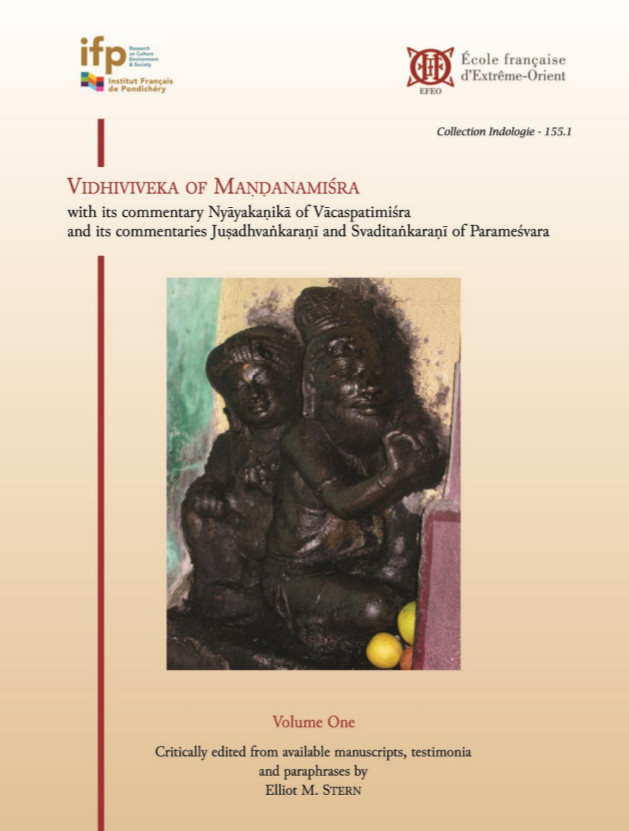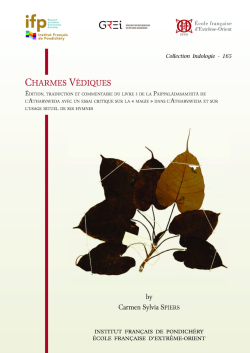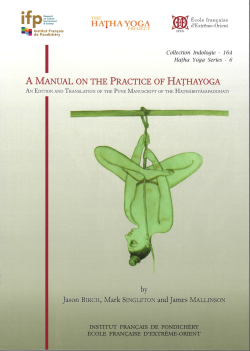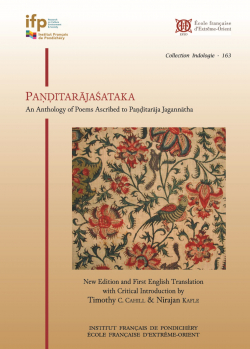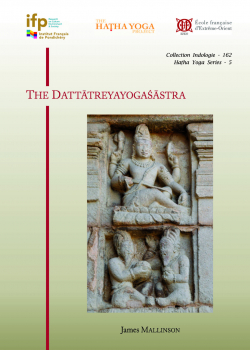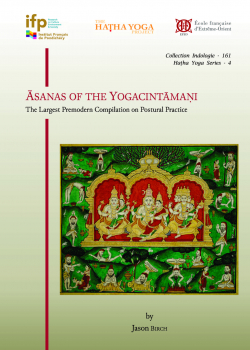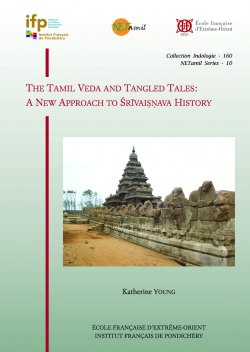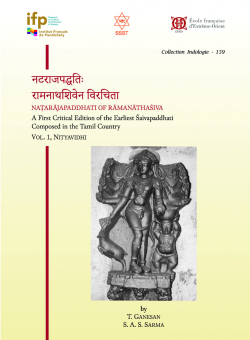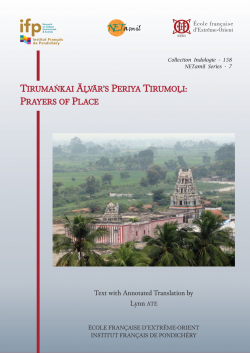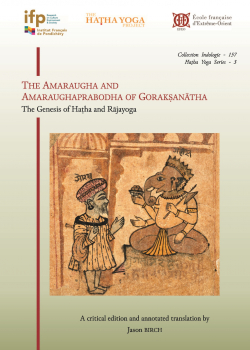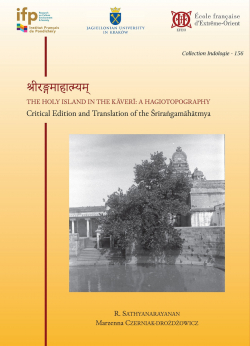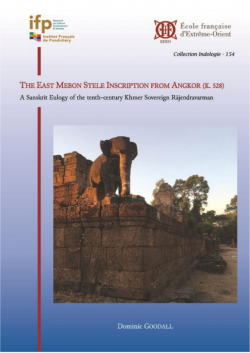The catalog of EFEO Publications includes works on a wide range of disciplines in the humanities and social sciences (archaeology, history, anthropology, literature, philology, etc.), centered on Asia, from India to Japan.
These publications address both specialists, and a wider public interested in Asian civilizations and societies.
Vidhiviveka of Maṇḍanamiśra
with its commentary Nyāyakaṇikā of Vācaspatimiśra and its commentaries Juṣadhvaṅkaraṇī and Svaditaṅkaraṇī of Parameśvara
Collection : Collection Indologie
Collection's number: 155
Editor: Stern (Elliot M.)
Edition: EFEO, Institut français de Pondichéry (IFP)
Publication date: 2023
Status : Available
124,00 €
ISBN-13 : 9782855392615
ISSN : 0073-8352
Width : 17.5 cm
Height : 24.5 cm
Weight : 3.13 kg
Number of pages : 1228
Distributor : EFEO Diffusion
Geography : India
Language : English, Sanskrit
Place : Pondichéry
Support : Papier
Description :
17,5 x 24,5 cm, CXXIV+1104 p., 2 volumes, English, Sanskrit
Abstract
Notes
You may also order this title from our centre in Pondicherry at the following address:
library@efeo-pondicherry.org
Or, from the French Institute in Pondicherry at the following address:
library@ifpindia.org
Orders for delivery to India have to be placed with our centre in Pondicherry or the French Institute in Pondicherry.
About the editor
Stern (Elliot M.)
Related books
Collection Indologie
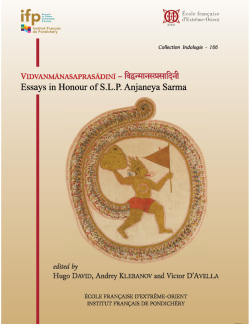
Vidvanmānasaprasādinī
S.A.S. SARMA, Dominic GOODALL, Harunaga ISAACSON, Suganya ANANDAKICHENIN, Hugo DAVID, Kei KATAOKA, Victor D’AVELLA, Giovanni CIOTTI, Andrey KLEBANOV, Émilie AUSSANT, Maria Piera CANDOTTI, Tiziana PONTILLO, Sibylle KOCH, Vincenzo VERGIANI, Timothy C. CAHILL, Somedeva VASUDEVA, Luther OBROCK, M. VINOTH, Maṇi DRĀVIḌA, Akane SAITO, Alex WATSON, Daniele CUNEO, Yūto KAWAMURA
60,00 €
2026
• Available
